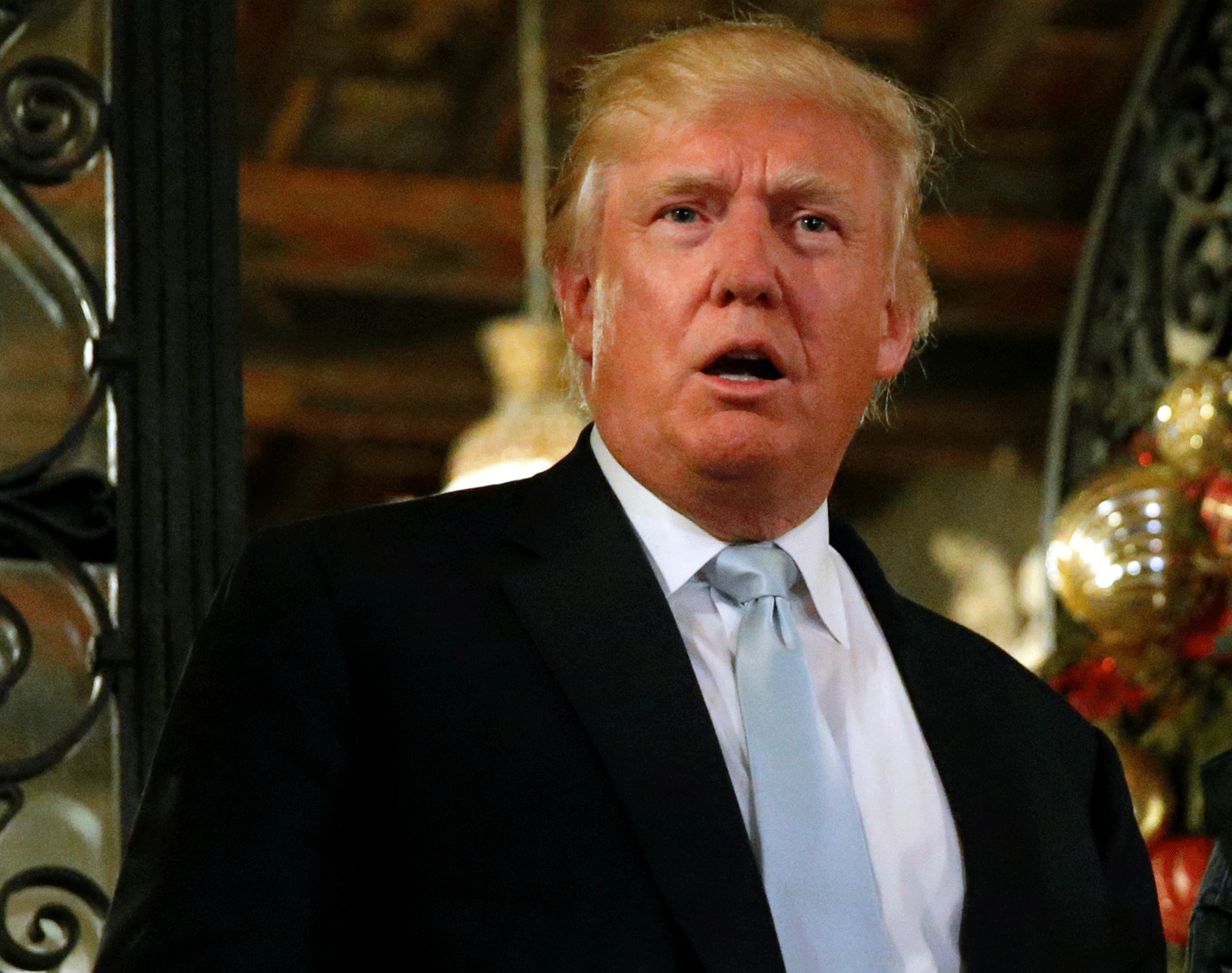Donald Trump can influence everything that happens in America without even needing to legislate – just look at Ford's decision
The President-elect understands how a tough tweet will change people’s behaviour. Anyone running an American company does not want to be thought un-American – especially Ford


Already, with more than two weeks before his inauguration, Donald Trump is changing the way US business behaves. Ford has dropped its $1.6bn plan to build a plant in Mexico and instead is going to invest in Michigan instead. The company has denied that there is any deal with the new President, but the message is very clear. A President that shouts is going to be listened to. He does not need to unwind Nafta and put a tariff on US imports from Mexico to check the move for US firms to shift production south of the border and, he would argue, do Americans out of jobs.
Now it may well be that the real challenge to jobs in the US comes less from lower-waged workers in Mexico and more to technological advance, but that is a separate point.
The issue here is the ability of the president to use language, rather than formal powers, to achieve an objective. It is not new. Theodore Roosevelt, President from 1901 to 1909, coined the expression “the bully pulpit” to catch the ability of a president to urge a course of action – though he had in mind the older meaning of the word “bully” as encouragement, rather than its current less pleasant usage.

It is an old concept but it may actually work even better now than it did then, because communication lines are now so short. Donald Trump seems to understand intuitively how a tough tweet will change people’s behaviour. Anyone running an American company does not want to be thought un-American. The stuff may be made in China, but US companies stress how their products are still conceived and designed in the US. There is a book of 450 photos of Apple products since 1998 called Designed by Apple in California, published a couple of months ago, pushing home this message.
But the high-tech corporate aristocracy of America does not only have its products made abroad. It also keeps its spare cash abroad, an estimated $2,500bn of it. The tax incentive to do so is overwhelming: companies pay zero tax on profits made overseas provided the money is not brought back into the US. That will doubtless be changed and the President will use his bully pulpit to thump the legislation to do so through Congress. Quite what the terms of the deal will be are not clear. Maybe there will be some kind of amnesty, though that word is unfair in that US companies have not done anything wrong. But one way or another the money will come back.
“Teddy” Roosevelt, as he was called – a newspaper cartoon of him on a bear hunt was the origin of our teddy bear – had several other resonant phrases, of which two are relevant to the President-elect. One is the “Square Deal”.
He wrote it on a bit of White House headed paper: “All I ask is a square deal for every man. Give him a fair chance. Do not let him wrong any one, and do not let him be wronged.”
You see the language: not nuanced, not the product of a focus group, the stress on opportunity, the simplicity, and so on. But if this sounds a bit Trumpian, the substance was rather different from what we know of the next President’s aims. There were three elements: conservation of the environment, protection of consumers, and control of corporations. Roosevelt has gone down as one of the greatest of US presidents. Insofar as The Donald would like to emulate him, he should look at the Square Deal.
The other famous quotation was this: “Speak softly and carry a big stick.”
Actually Teddy Roosevelt did not always speak softly by any means, but the idea that the US should be cautious in using its overwhelming military power has been at the very core of American foreign policy for the past century. Here again there is a message for the next President.
The big point here is this. A US president has soft power as well as hard power. Words are a key element in soft power. An effective president is not simply one who can get things through Congress, though legislative change is often necessary. He – still a he – is one who can change behaviour without necessarily using legislation to do so. But people will only listen to the bully pulpit if the sermon from the pulpit sounds like a square deal. Things have to be fair, and at the moment they are not.
Join our commenting forum
Join thought-provoking conversations, follow other Independent readers and see their replies
Comments
Bookmark popover
Removed from bookmarks